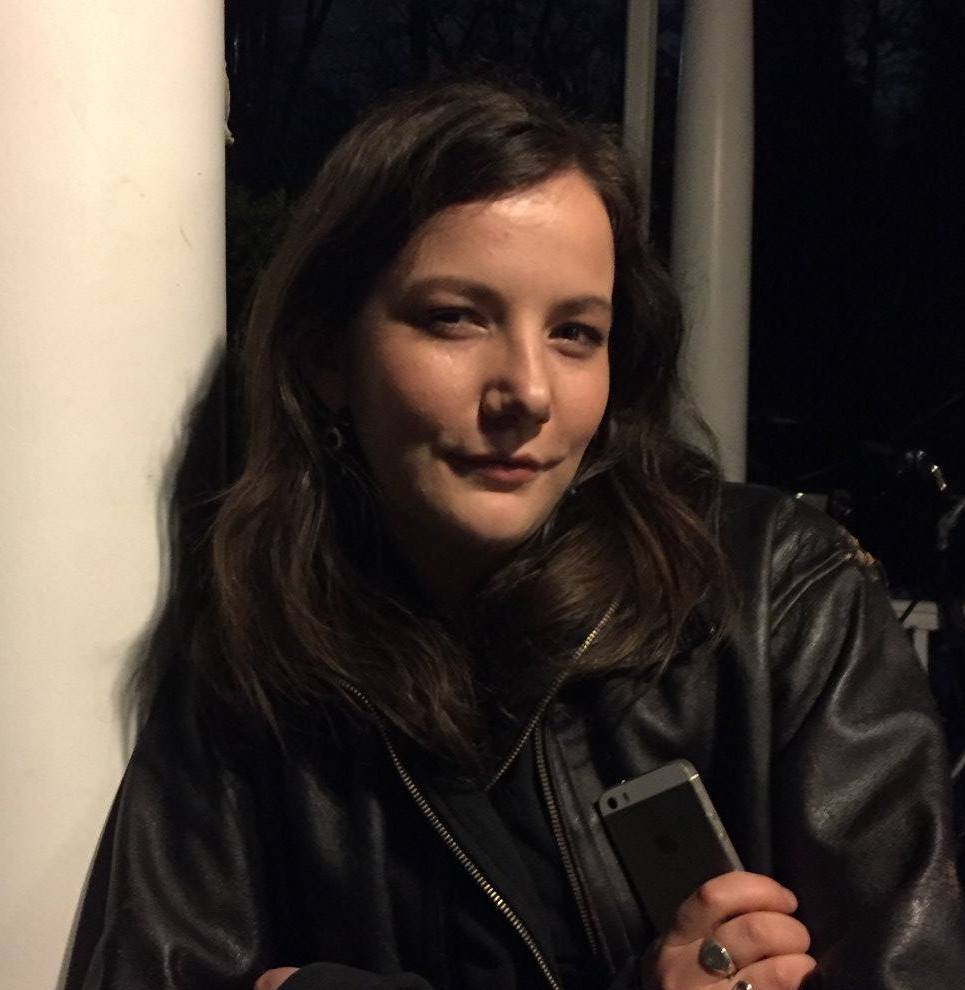A new study, published in NeuroImage, emphasizes the positive impact of giving to others. While previous studies have explored similar themes, this new research on generosity has discovered that giving to others without anticipating anything in return, which the study authors call “altruistic giving,” has additional benefits that giving with the expectation of something in return doesn’t (even if that something is intangible, like an improved reputation).
Purely altruistic giving activates responses in new areas of the brain, in addition to those activated in other kinds of giving. This, according to Daniel Campbell-Meiklejohn, MSc DPhil, the study’s lead author and Director of the Social Decision Laboratory at the University of Sussex, leads to a special “warm glow.”
Further research is needed to examine this warm glow of altruism, but for now, the study shows us that giving without any expectation of reward leads to an incredibly rewarding feeling, and can be very positive for your well-being.
The study authors offered several ways we can harness that feeling:
Donate to a charity where you’ll get nothing in return
Jo Cutler, a PhD candidate and co-author of the study, explains, “Small gifts in return for a monthly donation could change donors’ perceptions of their motivation from altruistic to transactional.” By giving to a charity without getting anything in return (or, at least, without the expectation of anything in return), you sidestep the transactional mindset and end up with an altruistic glow.
Agree to help your friends before they try to convince you with a reward
Cutler explains that altruistic giving should apply to our friends and family, too. “If after a long day helping a friend move house, they hand you a fiver, you could end up feeling undervalued and less likely to help again. A hug and kind words, however, might spark a warm glow and make you feel appreciated.” It’s surprisingly easy to bring transactional encounters into our friendships, even when we don’t mean to — so as soon as your friend asks for help with a move, or help building an Ikea shelf or cooking for a dinner party, give that friend a yes before they turn to offers of free dinner. You’ll end up feeling better doing something for them without an immediate reward.
Volunteer your time
Campbell-Meiklejohn explains that there are broader implications for the study: “If… governments can understand why people might give when there’s nothing in it for them, then they can understand how to encourage people to volunteer, donate to charity or support others in their community.” But you don’t need to wait for your government to encourage you — you’ve seen the results of the study yourself! So go out, volunteer in your community, and come home glowing.
Follow us on Facebook for all the latest news on how you can keep Thriving.
More from Thrive Global:
8 Things You Should do After 8 p.m. if You Want to Be Happy and Successful


